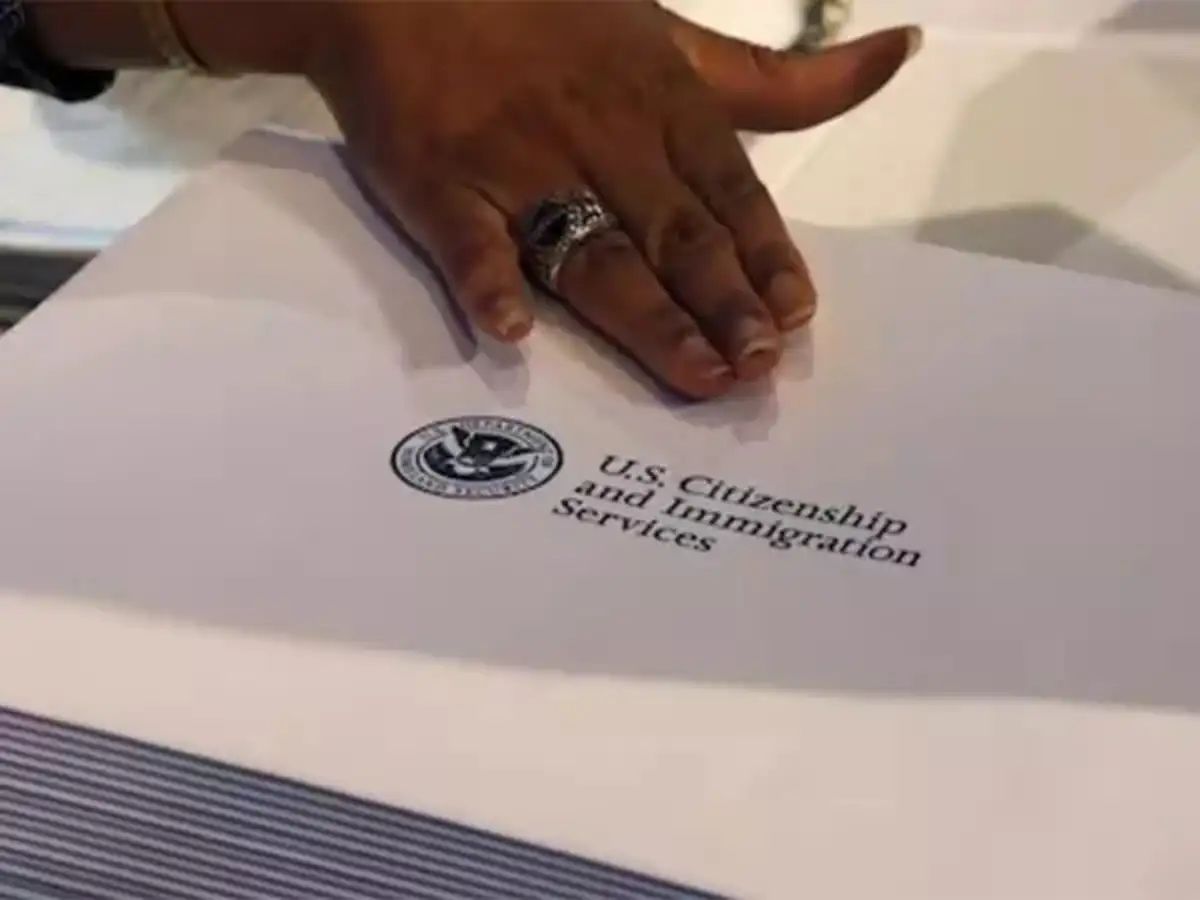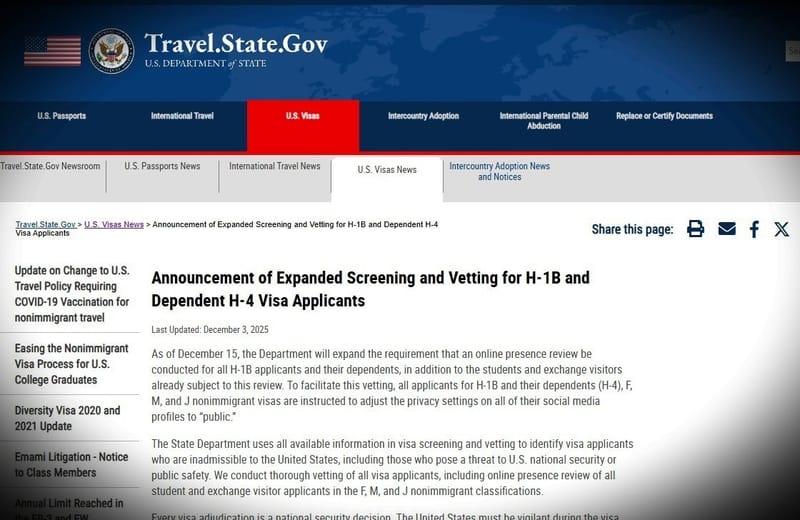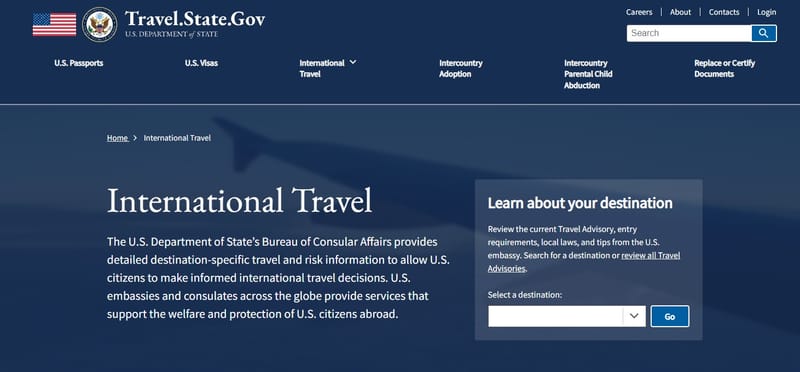USCIS Tightens 'Good Moral Character' Standard for Citizenship Applicants
This policy signals a more stringent approach to U.S. citizenship, requiring applicants to affirmatively demonstrate their worthiness beyond merely avoiding misconduct.

Subscribe to our newsletter and stay informed about latest H1B news, policy updates and and other developments.
Article Summary
USCIS has announced a policy shift towards a more comprehensive evaluation of 'good moral character' (GMC) for naturalization applicants. This new policy requires a holistic assessment, weighing positive attributes like community involvement and stable employment alongside negative conduct. While certain serious offenses remain permanent bars, officials will now also consider evidence of rehabilitation for other past wrongdoings.
Original Article: economictimes.indiatimes.com
[ Sentiment: negative | Tone: factual ]
This summary and analysis were generated by TheNewsPublisher's editorial AI. This content is for informational purposes only; it does not constitute legal or immigration advice.
[ Sentiment: negative | Tone: factual ]
This summary and analysis were generated by TheNewsPublisher's editorial AI. This content is for informational purposes only; it does not constitute legal or immigration advice.
TNP AI: Key Insights
This policy shift moves beyond a simple checklist, placing a greater burden on naturalization applicants to affirmatively demonstrate good moral character through positive contributions. For skilled professionals and their employers, this emphasizes the importance of maintaining a clean record, actively showcasing community involvement, stable employment, and financial responsibility throughout their journey from H-1B to Green Card to citizenship.
The 'restoration' of a stricter assessment reflects a broader tightening of U.S. immigration benefits, potentially making the final step to citizenship more challenging. This change will likely increase scrutiny during naturalization interviews, requiring applicants with any past issues to be prepared to present robust evidence of rehabilitation, alongside their positive contributions, to offset negative history.




